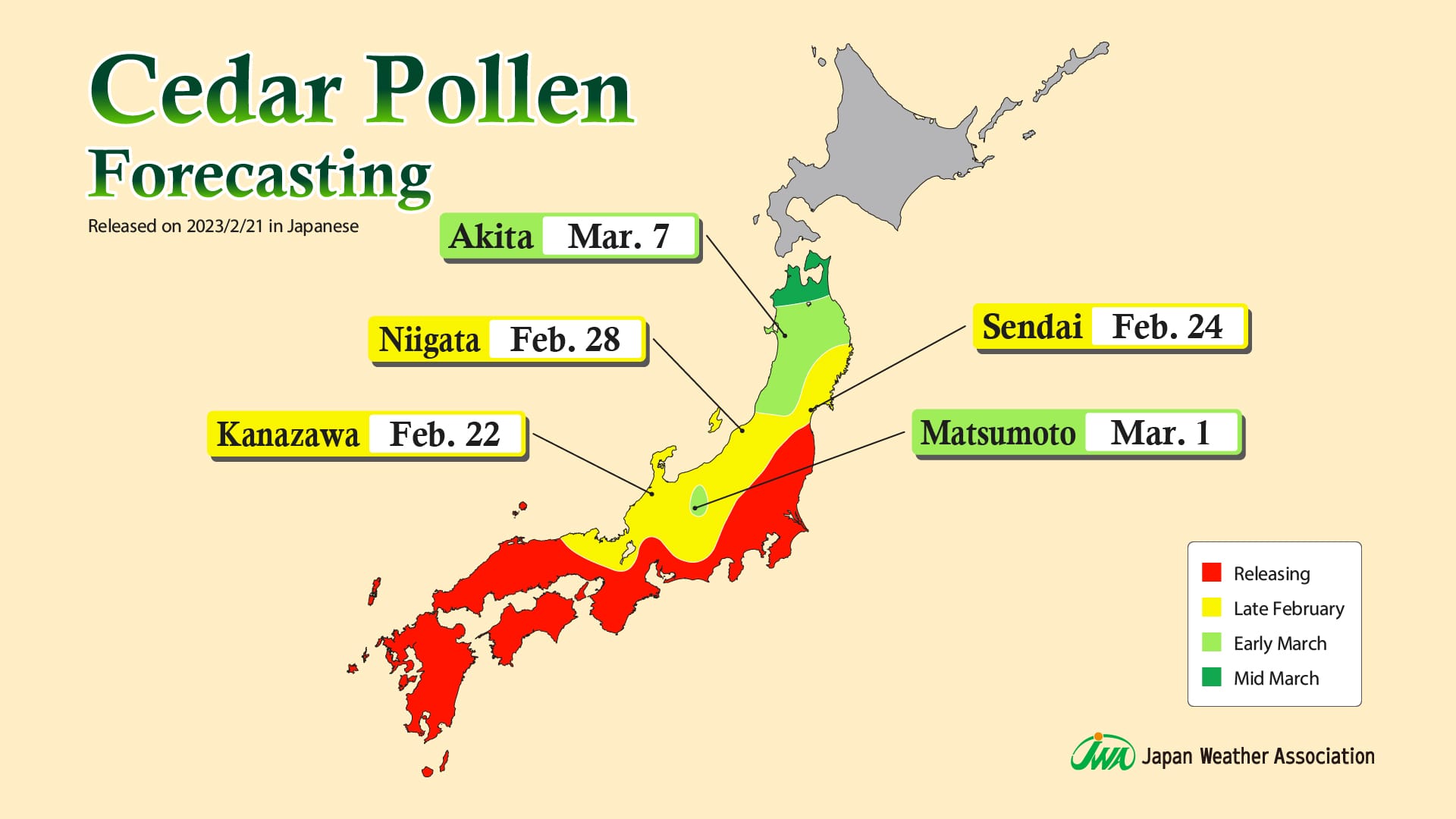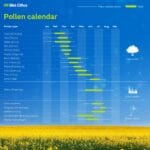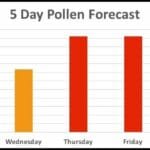Why Are My Allergies So Bad in Boise Right Now?
If you’re feeling the allergy pain in Boise, you’re not alone. The city’s unique environment makes it a prime location for seasonal allergies, often beginning as early as February and lasting until October. Let’s explore the factors contributing to Boise’s allergy woes and how you can find relief.
Boise’s Allergy Culprits: It’s Not Just Pollen
While pollen is a major player, several factors contribute to Boise’s challenging allergy seasons.
1. Pollen Powerhouse:
- Boise’s high desert climate, combined with its abundance of trees like juniper and elm, creates ideal conditions for pollen to thrive.
- Wind patterns easily carry pollen across the valley, making it hard to escape those pesky allergens.
- Expect high pollen counts in the morning, usually from dawn to 10 a.m., as plants release their allergens.
2. Dust Mite Dilemma:
- Boise’s dry climate provides the perfect environment for dust mites, a significant allergy trigger, to flourish year-round.
- These microscopic critters hide in furniture and carpets, exacerbating seasonal pollen allergies.
3. Other Allergy Accomplices:
- Mold, particularly after irrigation, and various grass species add to the allergy mix in Boise.
- While not the primary focus, it’s worth noting that air quality plays a role, though pollen itself doesn’t significantly impact the overall Air Quality Index (AQI).
Why Are Allergies Worse at Specific Times and Locations?
Understanding the seasonal variations and localized pollen patterns can help you manage those sniffles and sneezes.
1. Seasonal Shifts:
- Spring (February-May): Tree pollen takes center stage. Be prepared for alder, birch, cottonwood, elm, maple, oak, pine, and willow.
- Summer (April-July): Grasses like bluegrass, brome, fescue, orchard grass, ryegrass, and timothy take over the pollen production.
- Fall (August-October): Weed pollen, particularly from ragweed, sagebrush, and tumbleweed, dominates.
2. Location, Location, Location:
- Even within Boise, pollen counts fluctuate. Lower elevation areas and those near parks may experience higher pollen concentrations.
- Wind patterns can carry pollen from high-producing areas to other parts of the city, impacting allergy sufferers in different neighborhoods.
Thriving Through Boise’s Allergy Season
Don’t let allergies keep you from enjoying all that Boise offers. Here’s how to manage your symptoms and breathe easier.
Short-Term Relief:
- Over-the-counter medications: Antihistamines and nasal sprays can provide quick relief.
- Natural Remedies: Saline rinses and air purifiers with HEPA filters can help reduce allergens in your home.
- Simple Habits: Shower after being outdoors, keep windows closed during peak pollen times, and wear sunglasses and a mask for added protection.
Long-Term Solutions:
- See an allergist: Testing can identify your specific triggers, and an allergist can recommend personalized treatments.
- Immunotherapy (allergy shots): This long-term solution gradually desensitizes your body to allergens, providing lasting relief.
Additional Tips for Navigating Boise’s Allergy Season:
- Check pollen counts: Utilize websites and apps like AccuWeather, The Weather Channel, and Pollen.com to track pollen levels and plan your day accordingly.
- Create an allergy-friendly garden: Opt for low-allergen plants if you’re landscaping.
- Be mindful of pets: Animals can also suffer from pollen allergies. Consult your veterinarian if you notice symptoms like sneezing, itching, or watery eyes in your furry friend.
Conclusion
Boise’s unique environment can present allergy challenges, but understanding the triggers and taking proactive measures allows residents and visitors to enjoy the city year-round. By staying informed, managing symptoms, and seeking professional help when needed, you can breathe easier and make the most of everything Boise has to offer.
- Unlock Water’s Symbolism: A Cross-Cultural Exploration - April 20, 2025
- Identify Black and White Snakes: Venomous or Harmless? - April 20, 2025
- Unlocking Potential: Origins High School’s NYC Story - April 20, 2025















1 thought on “Boise Pollen Count: What You Need to Know for October 2023”
Comments are closed.